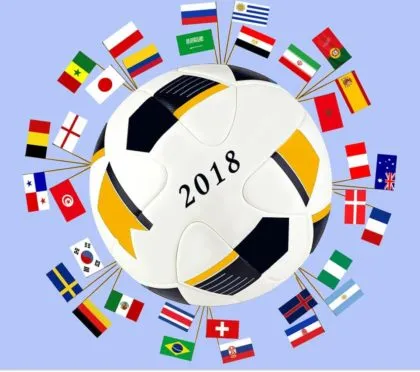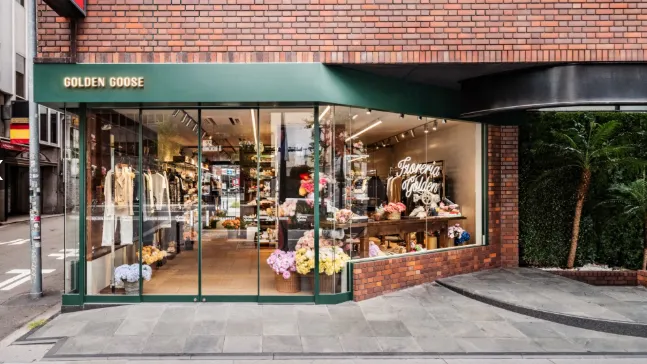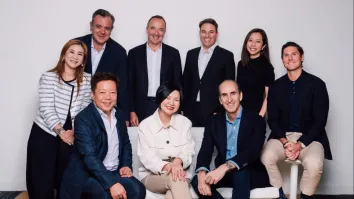
Chinese companies the real winners at the World Cup: Euromonitor

The 2018 FIFA World Cup opens doors to foreign markets, creating international business opportunities for its Chinese sponsors, according to global market research company Euromonitor International.
Sponsoring companies, Mengniu, Hisense, Vivo and Wanda, which trade in dairy, consumer electronics and consumer appliances respectively, are characterised by rapid growth in sales over the recent years but are highly dependent on the Chinese domestic market. By affiliating with the World Cup, Chinese businesses expect FIFA to help spearhead entry into global markets through increased visibility on the pitch during the event. This is an opportunity to grow brand-awareness, solidify brand loyalty and generate positive associations and conversations among sports fans.
Alan Rownan, sports industry manager at Euromonitor International commented: “The increasing number of Chinese investments and sponsorship deals in European football shows that Chinese business entities are acutely aware of the powerful socio-economic potential of investing in professional sport, and in particular football.”
He added: “Investing in football, especially the World Cup, may not offer immediate returns on investment, however, it grants them access to foreign markets, and can create business opportunities that extend well beyond the confines of sports-related products and events.”
Chinese support is paramount for FIFA, who lost a number of top partners following corruption accusations that shook the organisation in 2015, Euromonitor said. The 2018 FIFA World Cup will be sponsored by four Chinese companies, compared to only one – Yingli Solar – in Brazil 2014. Despite the changes, four out of five regional supporters remained host nation based.
Up to one million tourists are expected to visit Russia during the event, and 68% of the people surveyed by Euromonitor will watch in-person, at home, or elsewhere. This compares to 44% watching the PyeongChang 2018 Olympic Winter Games and 38% watching the UEFA Champions League, making the World Cup one of the top global sporting events.
By Muneerah Bee



















 Advertise
Advertise






